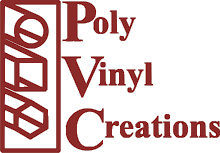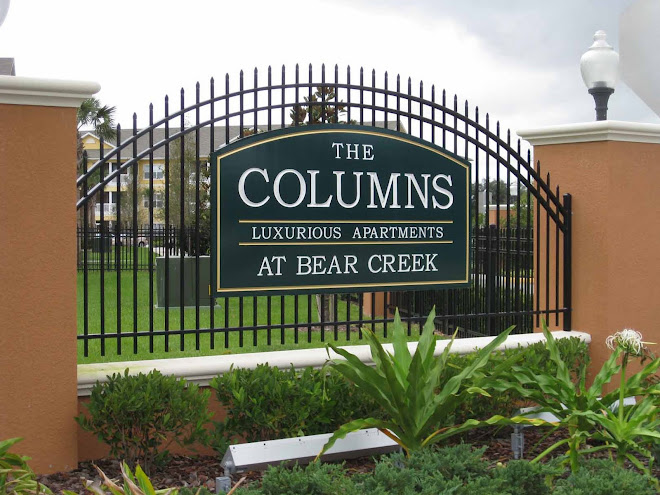Wednesday, February 24, 2010
How is PVC manufactured?
The PVC manufacturing process: Ethylene and chlorine, nature-derived materials, are the basic chemicals utilized in manufacturing PVC. Ethylene is made from crude oil and natural gas; chlorine is made from salt. These gasses are chemically reacted to form ethylene dichloride (EDC). The EDC is heated (or cracked) to produce two gasses: hydrogen chloride (HCl) and vinyl chloride monomer (VCM). Vinyl chloride monomer is the basic building block used to manufacture poly vinyl chloride. The term poly means many. [This polymer is formed when] simple molecules, called monomers, are chained together to form a more complex molecule or polymer. Polymerization is the chemical reaction used to convert VCM into PVC resin. The PVC resin is blended with additives (such as stabilizers, pigments, processing aids, UV inhibitors and plasticizers) to produce powder- and pellet-form compounds—from rigid PVC pipe (having no plasticizers) to very flexible products (including upholstery and wall coverings). [PVC and Fire, Vinyl Council of Canada.]
Subscribe to:
Post Comments (Atom)


I heard that most commodity plastics have carbon and hydrogen as their main component elements..and on the other hand PVC differs by containing chlorine as well as carbon and hydrogen..True ??
ReplyDeletePvc Pockets